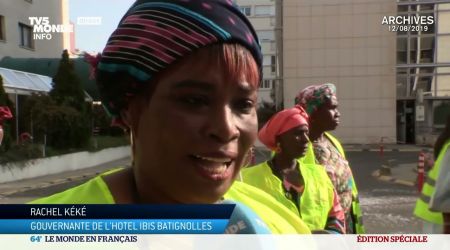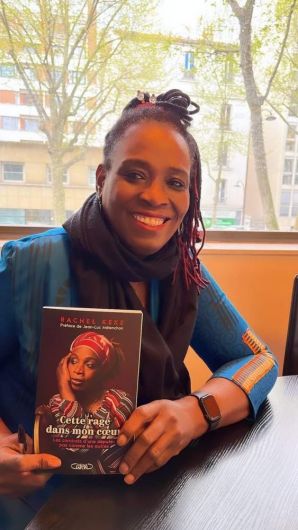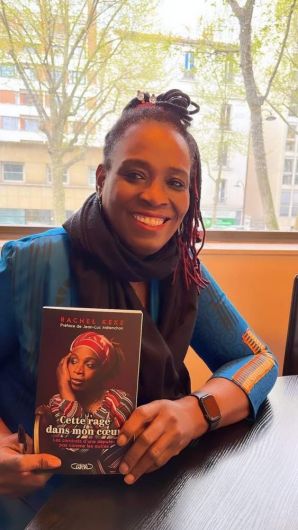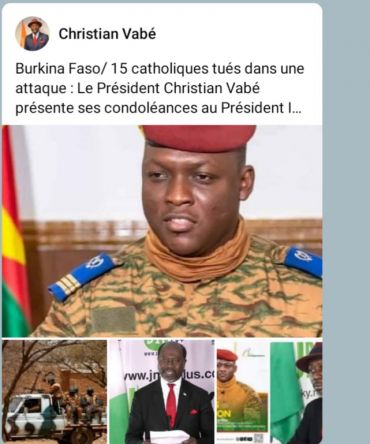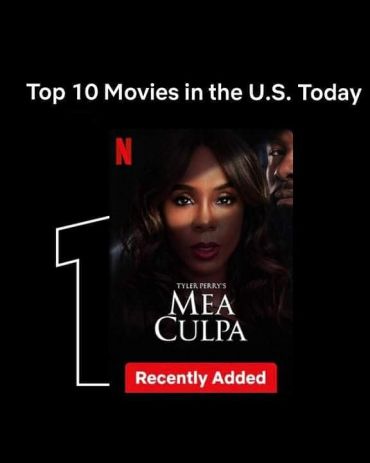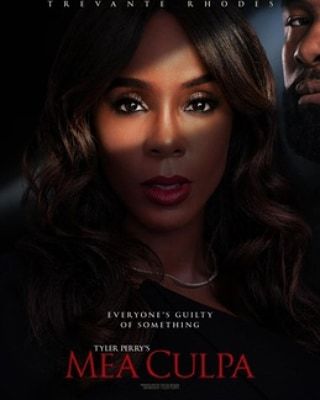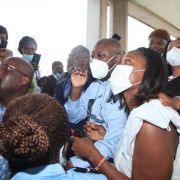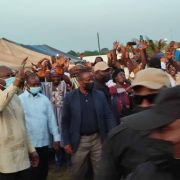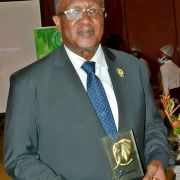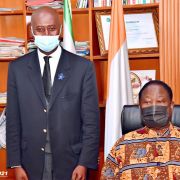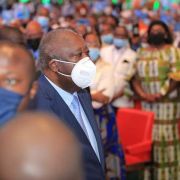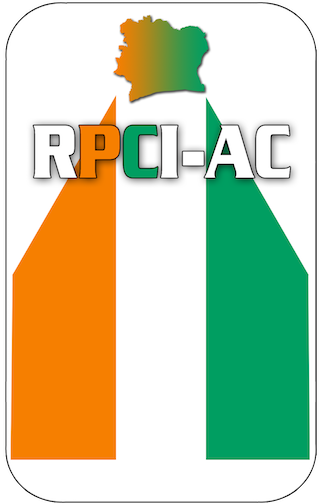Armstrong avoue: "Mon cocktail c'était l'EPO, les transfusions et la testostérone"
Le 18 janvier 2013 par Le Monde et india Times - Armstrong avoue s'être dopé.

Lance Armstrong a reconnu avoir gagné ses sept Tours de France en se dopant et s'est dit "désolé" pour un "gros mensonge" qu'il a alimenté pendant plus de dix ans, jeudi 17 janvier. Dans cet entretien télévisé accordé à l'animatrice Oprah Winfrey, l'Américain ne s'est toutefois pas montré particulièrement repentant.
Lance Armstrong a évacué une décennie de farouches dénégations d'un revers de la main en répondant par l'affirmative à la question de savoir s'il s'était dopé. "Je vois cette situation comme un gros mensonge que j'ai répété de nombreuses fois", a-t-il dit, le visage grave. Pour sa première interview depuis qu'il a été déchu en octobre de ses titres et radié à vie sur la base d'un rapport accablant de l'Agence américaine antidopage (Usada), Armstrong n'a jamais paru décontenancé par les questions et a maîtrisé sa prestation, en grand communicant qu'il a toujours été.
"CELA FAIT PEUR"
"Je vais passer le reste de ma vie à tenter de regagner la confiance des gens", a expliqué le Texan de 41 ans, qui a jugé impossible de gagner sept fois le Tour de France d'affilée (1999-2005) sans se doper. Il a pourtant assuré qu'il n'avait pas l'impression de tricher lorsqu'il se dopait. "Cela fait peur", a-t-il dit à propos de son attitude à l'époque de son règne sans partage, où il dominait le peloton sur le vélo et à côté. Mais Armstrong a assuré que si se doper "faisait partie du boulot", il n'avait jamais forcé ses équipiers à le faire.
Le champion du monde 1993, l'un des rares titres qui lui restent, n'est pas entré dans les détails de ce que l'Usada a qualifié de "programme de dopage le plus sophistiqué, professionnalisé et fructueux de l'histoire du sport". "Mon cocktail c'était l'EPO, les transfusions et la testostérone", a précisé Armstrong, qui a ajouté qu'il avait aussi pris de la cortisone et des hormones de croissances, comme l'avait souligné l'Usada dans son rapport. Il a toutefois nié s'être dopé lors des Tours de France 2009 et 2010, lorsqu'il avait repris la compétition après une première retraite à l'issue du Tour 2005. "Si je n'avais pas repris la compétition [en 2009], nous ne serions pas assis là", a-t-il expliqué, estimant que les confessions de Floyd Landis en 2010 avaient été le moment-clé dans l'enchaînement qui a provoqué sa chute.
RISQUES DE POURSUITES
L'Américain a indiqué qu'il serait "le premier à frapper à la porte" d'une commission "vérité et réconciliation" si un tel dispositif, voulu notamment par l'Usada, était mis en place pour mettre fin à l'omerta sur le dopage dans le peloton. L'ancien leader de l'US Postal, qui a été prié jeudi par le Comité international olympique (CIO) de rendre sa médaille de bronze du contre-la-montre des Jeux olympiques de Sydney (2000), a reconnu avoir fait une donation à la Fédération internationale (UCI) parce que l'UCI "lui avait demandé" mais pas pour couvrir un contrôle antidopage positif.
Ces aveux exposent Lance Armstrong à des risques de poursuites par le gouvernement américain. Le Texan, qui doit rembourser les primes de course touchées pendant son règne, est déjà menacé par deux procès au civil (par l'hebdomadaire britannique Sunday Times et l'assureur américain SCA Promotions) pour des sommes qui au total dépasseraient 10 millions de dollars et il pourrait maintenant être assailli par d'anciens parraineurs ou partenaires estimant avoir été dupés. La deuxième partie de sa confession devait être diffusée vendredi.
Un "petit pas", qui n'est toutefois pas suffisant
Le président de l'Agence américaine antidopage (Usada) a estimé que Lance Armstrong avait fait "un petit pas dans la bonne direction". Travis Tygart s'est réjoui que l'ancien cycliste "ait finalement reconnu que sa carrière était bâtie sur un puissant mélange de dopage et de tromperie". Mais si l'Américain "est sincère dans son désir de rectifier ses erreurs passées, il témoignera sous serment de l'ampleur complète de ses activités de dopage", a ajouté Tygart.
Livestrong, fondation contre le cancer créée en 1997 par le cycliste après avoir vaincu la maladie, s'est dite "déçue" que son fondateur, qui n'a désormais plus de lien avec l'association, ait "trompé les gens pendant et après sa carrière de cycliste, y compris nous-mêmes". Toutefois, "même dans notre déception, nous exprimons aussi notre gratitude à Lance en tant que survivant [d'un cancer] pour sa conduite, son engagement et l'esprit qu'il a apporté aux malades et à toute la communauté" affectée par cette maladie, a ajouté Livestrong.
LANCE ARMSTRONG SAYS "SORRY", ACCEPTS BLAME FOR DOPING ( INDIA TIMES)
RELATED
LOS ANGELES: Lance Armstrong admitted his seven Tour de France titles were fueled by an array of drugs, reversing years of denials in a televised interview with Oprah Winfrey broadcast on Thursday.
Attempting to explain his drug-tainted past, Armstrong sat down with Winfrey for his first interview since being stripped last year of his record seven Tour titles and banned from sport for life.
It was recorded on Monday in Austin, Texas, and was to be aired in two segments on Thursday and Friday on Winfrey's OWN television channel.
"I know the truth. The truth isn't what was out there, the truth isn't what I said... This story was so perfect for so long... you overcome the disease, you win the Tour de France seven times, you have a happy marriage, you have children. I mean, it's just this mythic, perfect story," Armstrong said.
"And it wasn't true."
In an opening series of "yes" or "no" questions, Armstrong admitted using blood-boosting EPO, blood doping transfusions and testosterone or human growth hormone.
Armstrong told Winfrey he didn't believe it was possible to win the Tour in the years he raced without doping, and challenged the characterization of the doping program on his US Postal Service team as the most sophisticated ever.
Hours before the kickoff, Armstrong saw another accolade withdrawn as the International Olympic Committee said it had asked him to return the cycling time-trial bronze medal he won in 2000.
The International Cycling Union last year upheld the US Anti-Doping Agency's ban of Armstrong, and the revocation of his cycling results from August 1998, but the IOC waited for three weeks to see if Armstrong planned an appeal.
While Winfrey confirmed on Tuesday reports that Armstrong had admitted using banned performance enhancers in their talk, little else was known of what he would reveal.
Speculation swirled as to whether he had implicated others -- notably members of the sport's world governing body -- amid allegations of complicity and cover-up.
The difficulty of untangling the doping web in cycling was again clear when the IOC's move recalled the 2000 Olympic time-trial medallists.
Abraham Olano of Spain, who was fourth, could inherit the bronze after finishing fourth in a race won by Armstrong's ex-US Post Service team-mate Viasheslav Ekimov, with Germany's Jan Ullrich taking silver.
Ekimov is now general manager of the Katusha cycling team that were dropped from the elite ProTeam list for this season because of their ambivalent stance on doping, and Ullrich eventually served a two-year ban for doping.
Some have speculated that Armstrong might attempt to rationalize doping as standard procedure in the years of his cycling career.
Certainly his admission, and his choice of the famously sympathetic Winfrey as confessor, are an about face after years of aggressive denials and often vitriolic attacks on those who doubted him.
"No one could have imagined only a few weeks ago that Lance Armstrong would make his confession publicly, that he would confess in public to having been doped," Tour de France director Christian Prudhomme told reporters in Paris.
"It's obviously something very important but I can't say more than that ... For us, Lance Armstrong is already in the past."
This week's exercise, however, is about the future, with Armstrong reportedly seeking a way back into sports and those in cycling wondering just who will be implicated in his revelations.
http://timesofindia.indiatimes.com/sports/more-sports/cycling/Lance-Armstrong-says-sorry-accepts-blame-for-doping/articleshow/18070094.cms

